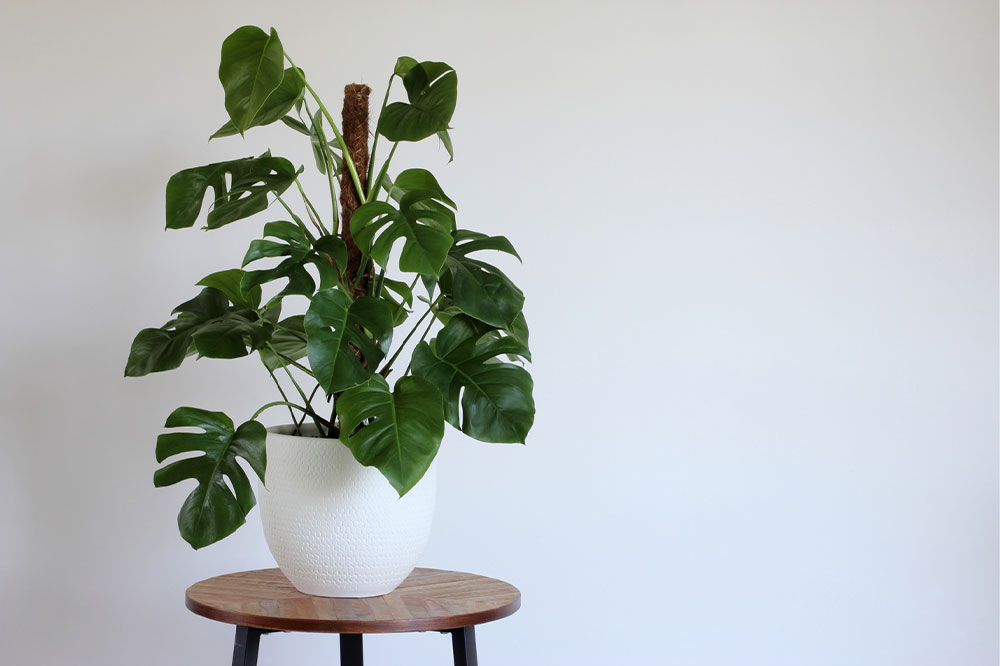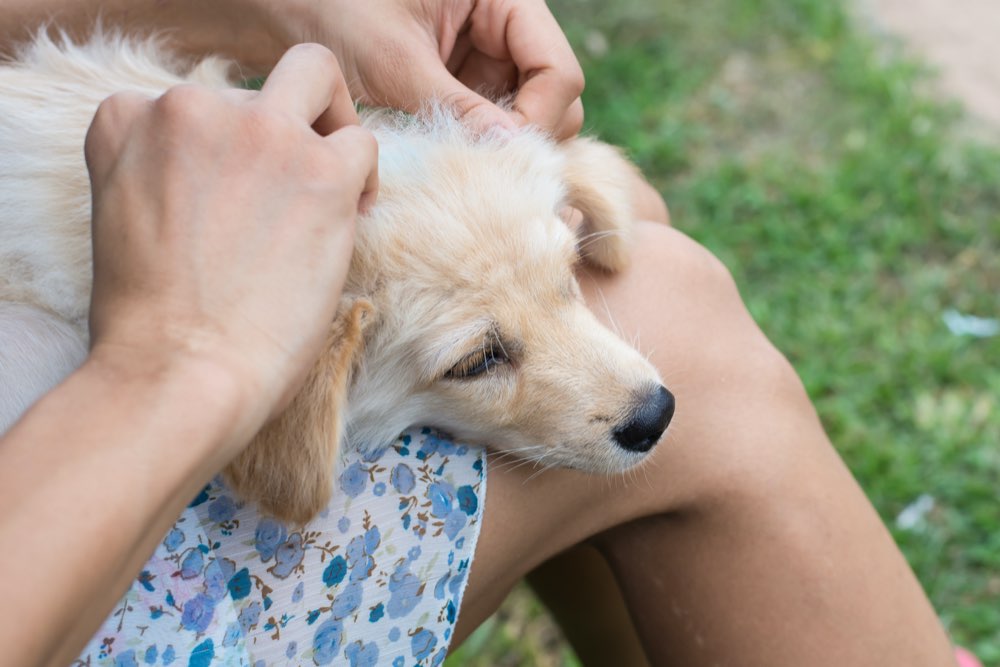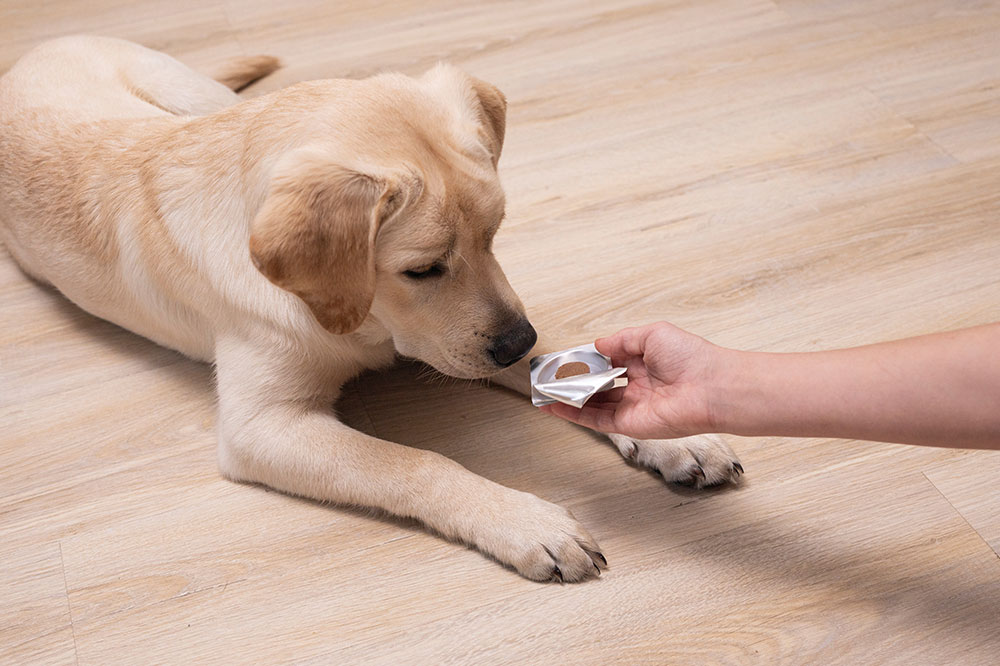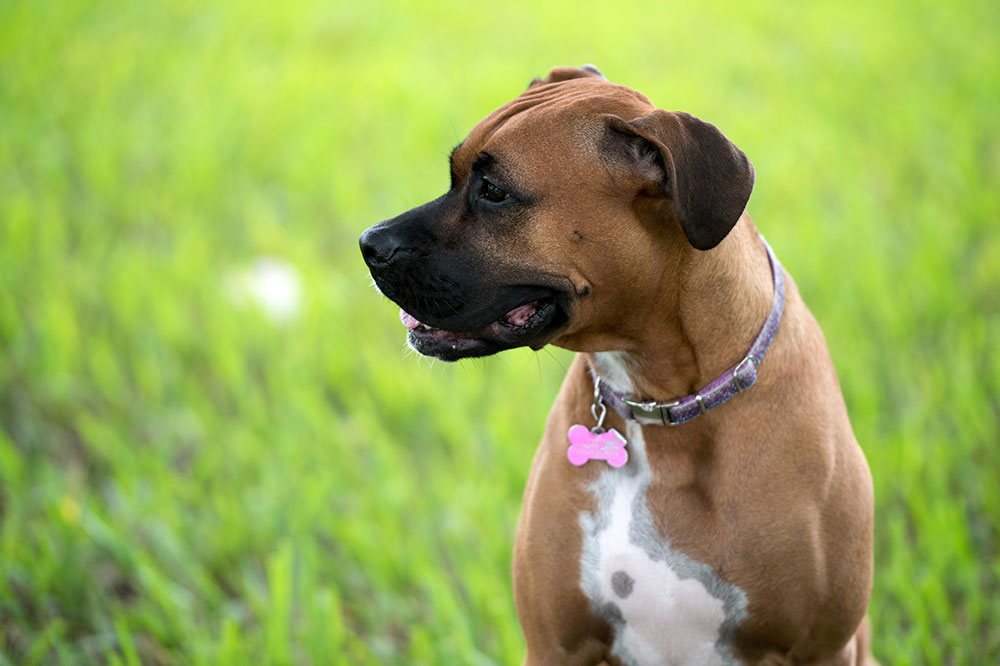7 poisonous plants to keep away from cats

Plants can do many good things for your home, like enhancing your mood and making the room more lively. However, if you are a cat parent, you might have to assess the type of plants in your home. Many plants can be poisonous to cats, which can deteriorate their health and cause harm. And if your cat loves to climb, explore, and chew on plants, then you should avoid having these seven plants at home.
Azaleas
When cats eat parts of the azalea plant, they may show symptoms like diarrhea, lack of appetite, and weakness. Your pet may also suffer seizures, transient blindness, and tremors. These symptoms stem from grayanotoxins – harmful substances present in azaleas.
Autumn crocus
Also known as meadow saffron, the plant contains alkaloid colchicine – a poisonous element for cats. If ingested, the plant can cause gastrointestinal symptoms like drooling, vomiting, and bloody stools. Other symptoms include liver and kidney damage, breathing difficulties, and seizures.
Daffodils
Narcissus plants like daffodils are flowering spring perennials that are dangerous to cats. Such plants are rich in lycorine – a chemical that is unsuitable for cats. Cats who ingest Narcissus plants may experience low blood pressure, difficulty breathing, cardiac arrhythmias, and convulsions.
Tulips
Tulips may trigger symptoms such as depression, hypersalivation, vomiting, and diarrhea in cats. Such reactions are a result of components like tulipan A and B present in the plant. It is advisable to take your cat to the vet immediately if they eat the bulb of the plant. The bulb contains the highest concentration of toxins.
Chrysanthemum
Chrysanthemum is a lovely flowering plant, but cats should stay away from them. The plant contains dangerous substances, including lactones, sesquiterpene, and pyrethrins. Eating bits of chrysanthemums can trigger symptoms like diarrhea, incoordination, dermatitis, and hypersalivation.
Moss rose
Also called the rock moss and purslane, the moss rose plant is unbelievably poisonous to cats. Its chemical composition of soluble calcium oxalates can lead to kidney failure, hypersalivation, and tremors in felines.
Tomato plant
Tomatoes are added to numerous human meals because of their health benefits. But non-ripened tomatoes and their vines are unsuitable for cats. If your pet ingests the plan, it may experience symptoms like loss of appetite, reduced heart rate, drooling, and dilated pupils.









